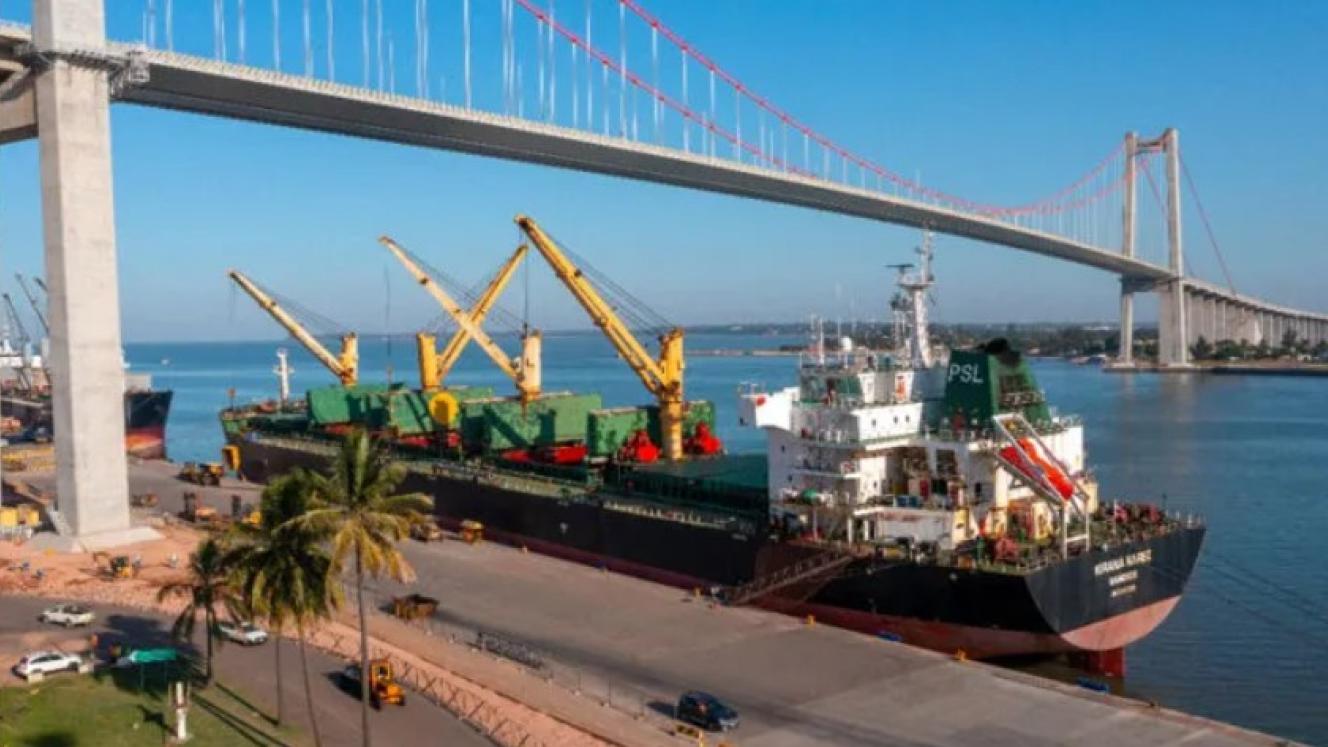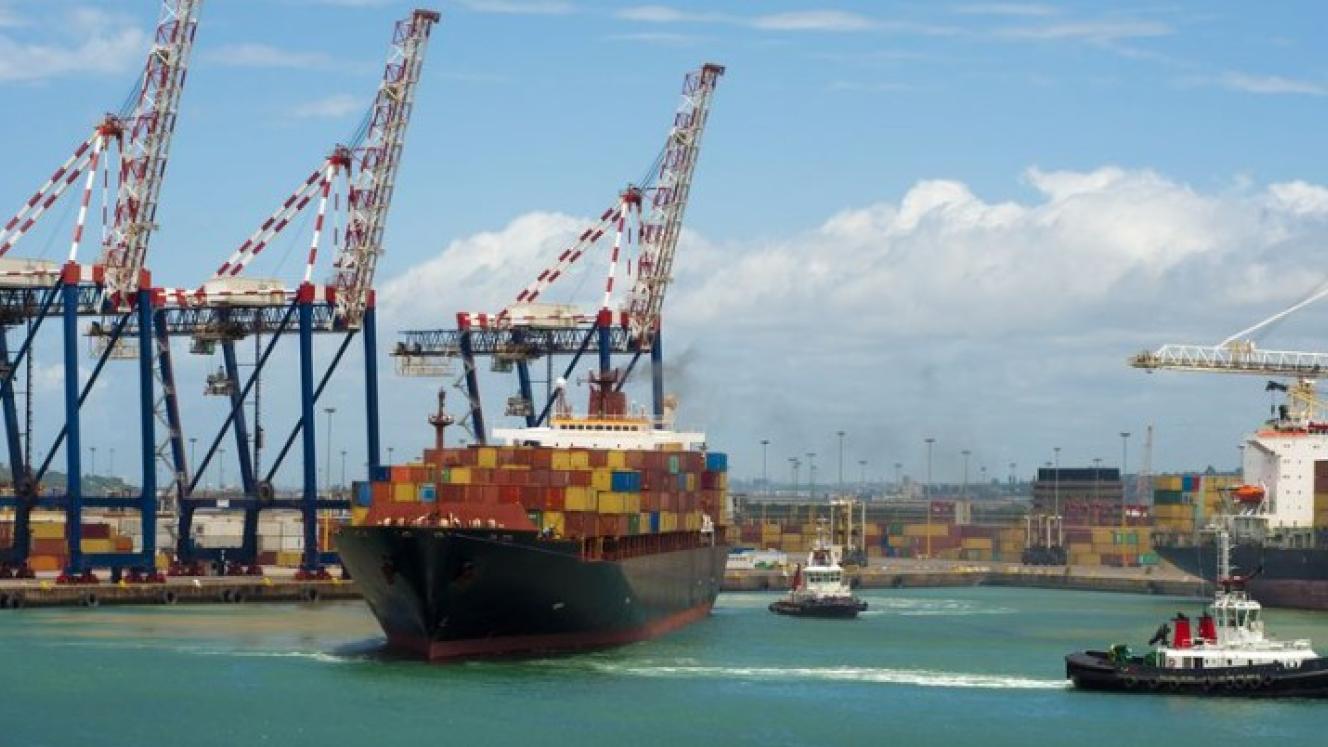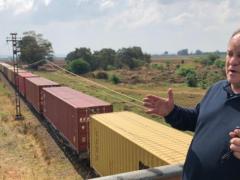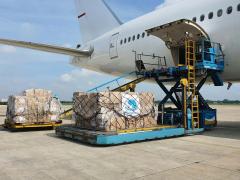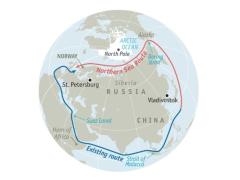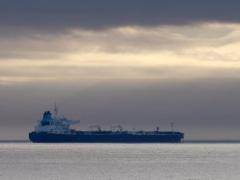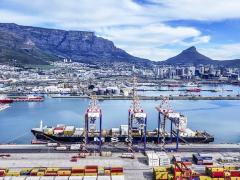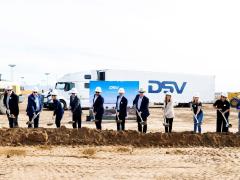The Port of Maputo has made substantial investments in expanding and upgrading its berths and slab areas to better support project cargo handling, responding to a notable 25% year-to-date increase in project cargo volumes compared to the same period last year.
This growth is largely attributed to ongoing regional infrastructure development and the growing preference for Maputo as a strategic export-import route, particularly for landlocked neighbouring countries. Mozambican domestic projects in the energy sector for TEMANE Gas-to-Power electric equipment, such as transformers and other key parts, are at the top of the handled items.
According to Neusa Saranga, commercial director of the Maputo Port Development Company (MPDC), growing global demand for renewable energy infrastructure, large-scale industrial developments, and cross-border mining operations are driving significant momentum in the project cargo sector.
“Regionally, southern Africa is emerging as a key logistics corridor, with the Port of Maputo playing a pivotal role thanks to its efficiency, modern infrastructure, and strategic geographic location,” she told Freight News.
“Notably, TotalEnergies has confirmed the resumption of its LNG operations in Afungi, northern Mozambique – a major development in the region’s energy landscape. Given our proximity, capabilities and comprehensive service offering, MPDC is well-positioned to support the logistics requirements of this project, reinforcing our role as a critical enabler in Mozambique’s evolving project cargo ecosystem.”
She explained that the port had further strengthened its project cargo capabilities through the acquisition of specialised equipment, enhancement of slab surfaces and more flexible storage solutions and operational procedures.
“To ensure efficiency, we have optimised coordination between vessel scheduling and landside logistics, significantly improving turnaround times for oversized and high-value cargo. In support of the growing oil and gas sector, MPDC has established a dedicated coordination unit specifically for oil and gas projects, including ship-to-ship (STS) transfers, ensuring the safe, reliable and well-managed execution of these complex activities,” said Saranga.
These investments and operational enhancements come at a crucial time, as one of the key challenges in the region has been the lack of specialised infrastructure and equipment needed for complex project cargo. Additionally, navigating increasingly complex regulatory and permitting environments continues to test logistics providers. Road and rail connectivity – particularly for out-of-gauge cargo – also remains a significant hurdle in many parts of the country.
- Read the full article in our Freight Features edition on “Project Cargo.”
